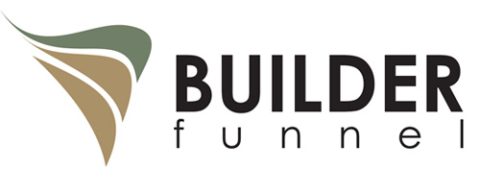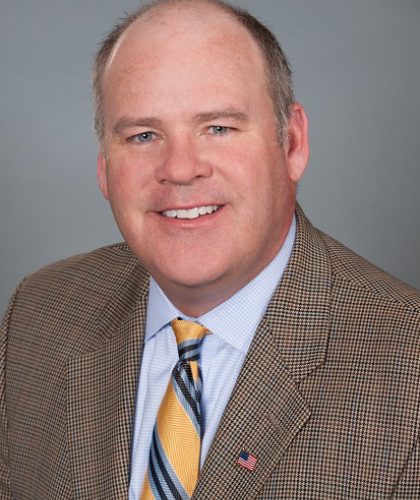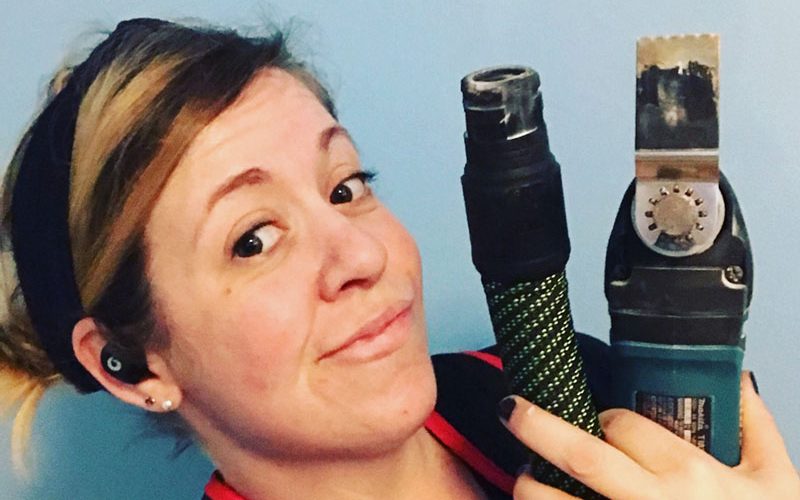Ep.174: Women in Construction with Jessica Bishop-Smyser
Since the start of the Tim Faller Show, about 170 episodes ago, one of the goals has been to highlight the role of women in this industry. Fast forward to today, we now have 5 dedicated, knowledgeable women in our production manager roundtable groups. In this episode, guest Jessica Bishop-Smyser talks about her role and her journey in an otherwise male-dominated field, in hopes to inspire others.
Jessica is the operations manager for Silent Rivers Design + Build located in Des Moines and Clive, Iowa. Silent Rivers is known for thinking outside the box, for setting or pushing standards not just in design, or attention to detail but to also be a catalyst for positive change in the industry of remodeling. They are led by a strong female leadership team and believe it is what a person brings to the table, not their gender.
Tim, Steve and Jessica talk more about:
- Breaking down gender barriers
- Challenges faced as a woman in a male oriented career
- Overcoming stereotypes
- And more…
Training For You & Your Entire Team
Whether you are on-site with us or attending one of our virtual courses, we are dedicated to bringing you fast-paced, in-depth education and training opportunities to further develop your industry knowledge.
We have several courses coming up in the next few months that are perfect for any successful remodeling business owner, or perhaps key staff and team members.















